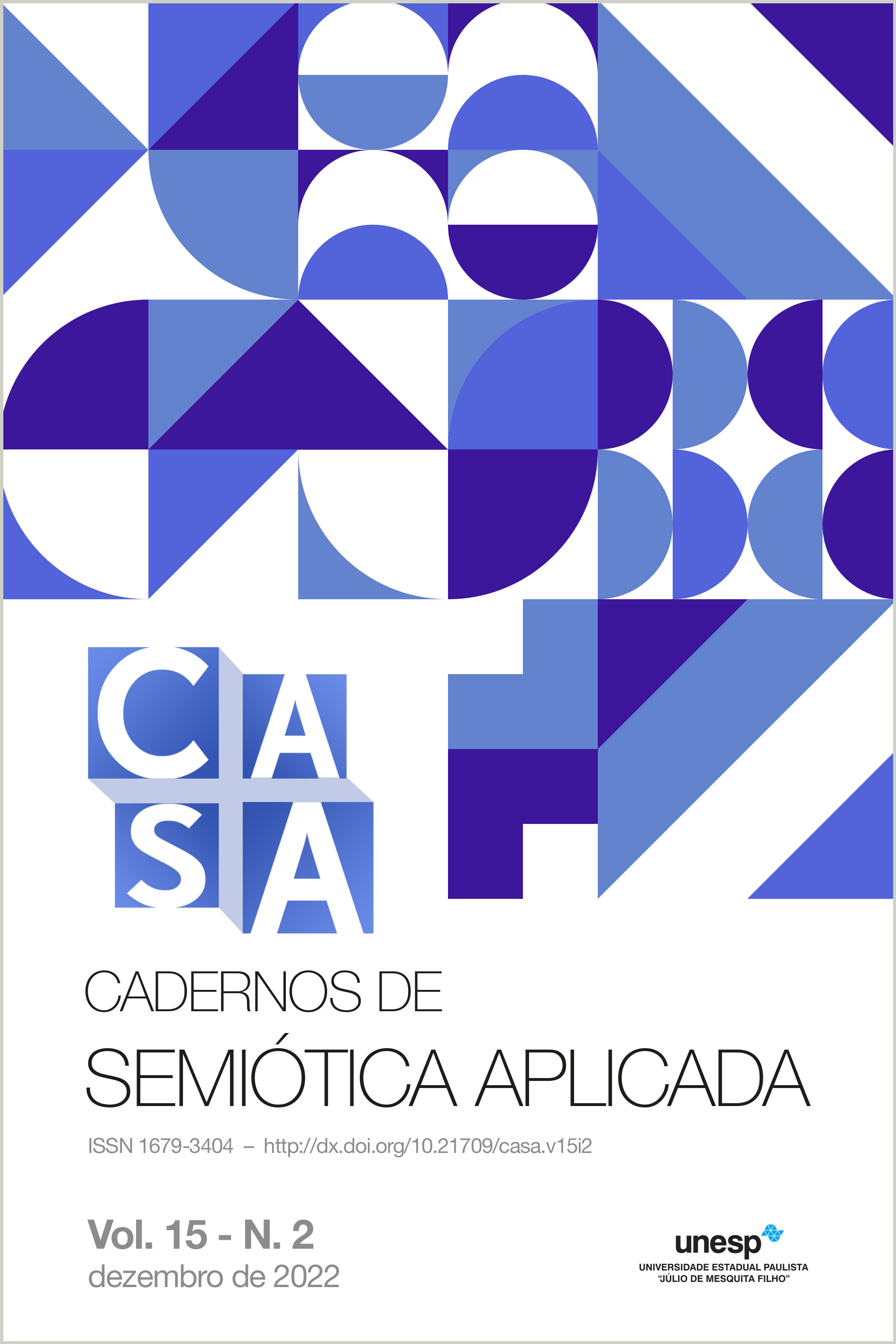MERCADO LINGUÍSTICO E CAPITAL SIMBÓLICO NO DISPOSITIVO ESCOLAR: UM ESTUDO DISCURSIVO SOBRE AS LÍNGUAS ESTRANGEIRAS
LANGUAGE MARKET AND SYMBOLIC CAPITAL IN THE SCHOOL DEVICE: A DISCURSIVE APPROACH TO FOREIGN LANGUAGE
DOI:
https://doi.org/10.21709/casa.v15i2.17002Abstract
This paper aims to discuss how subjects, students of foreign languages (FLs) from regular schools, produce discourse based on feelings and attitudes that are related to a social imaginary, historically constructed by political, economic, educational, and discourse practices — supported by a memory of the role and value of FLs in our society. Hence, the connection forged between students and languages is analyzed from statements collected in a narrative interview in order to identify their conditions of production. For this purpose, Bourdieu's studies (1983; 1998; 2000) are fundamental, especially the concepts of the linguistic market, habitus, and symbolic capital (cultural, social, and linguistic). In addition, linguistic gains are seen as a result of any social interaction, bringing to light interests and making power relations work (FOUCAULT, 2016). The analysis indicates that, in the school device, ideological knowledge is gained of FLs, and the subject, who speaks about FLs, is formed by adding value to the languages in the linguistic market. Thus, the subject’s discourse either makes clear, handles, reproduces, or transforms the access to symbolic capital in the way it is socially transmitted.
Downloads
Published
Issue
Section
License
Copyright (c) 2022 CASA: Cadernos de Semiótica Aplicada

This work is licensed under a Creative Commons Attribution-NonCommercial-NoDerivatives 4.0 International License.
The authors of the approved papers agree to grant non-exclusive publication rights to CASA. Thus, authors are free to make their texts available in other media, provided that they mention that the texts were first published in CASA: Cadernos de Semiótica Aplicada. Besides, they authorize the Journal to reproduce their submission in indexers, repositories, and such. Authors are not allowed to publish the translation of the published paper to another language without the written approval of the Executive Editors. The authors are totally responsible for the content of the published work.

